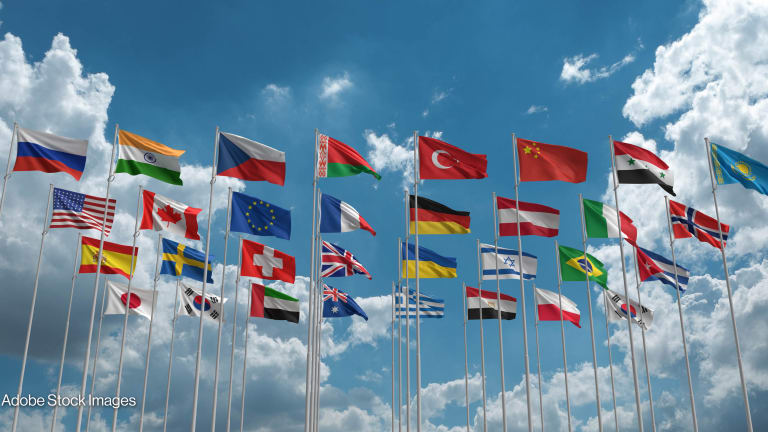A critical gap persists in global development’s ongoing discourse on localization — one that poses a potential showstopper for the entire agenda: The absence of genuine local leadership. This threatens the democratic legitimacy of the process, risks tokenistic tick-boxing, and raises questions about who is truly setting the localization agenda.
Invariably, the agenda-setting power rests with international nongovernmental government organizations and donors. Global events, conferences, and initiatives on localization are predominantly framed and hosted by these agencies.
There is also a risk that a few local organizations become the go-to spokespeople for the “local context” and yet there is no democratic process for these ambassadors. There is no mechanism for them to be representatives of the interests and views of a broader constituency of local civil society organizations.









